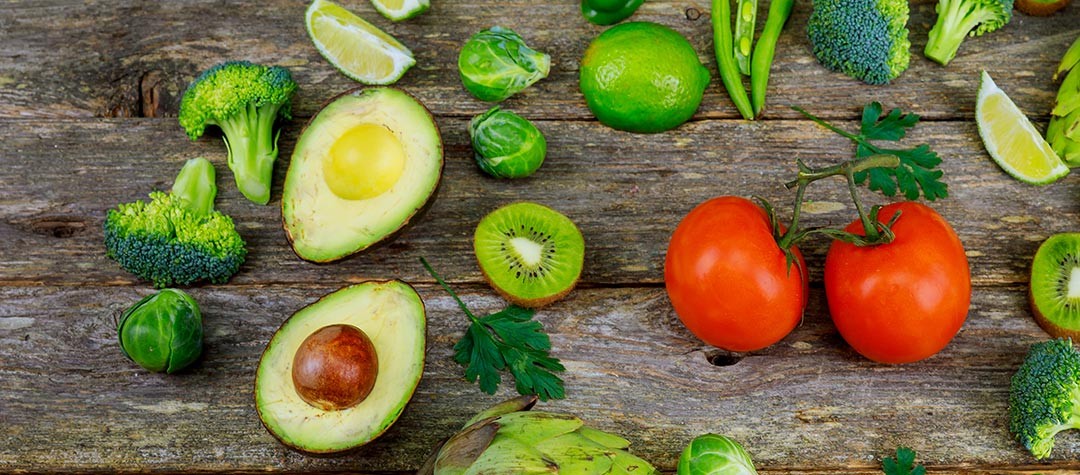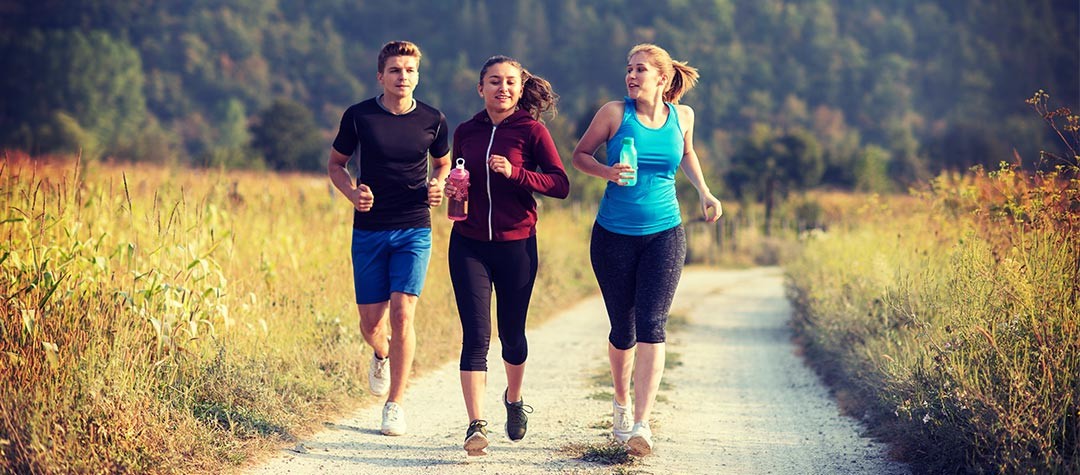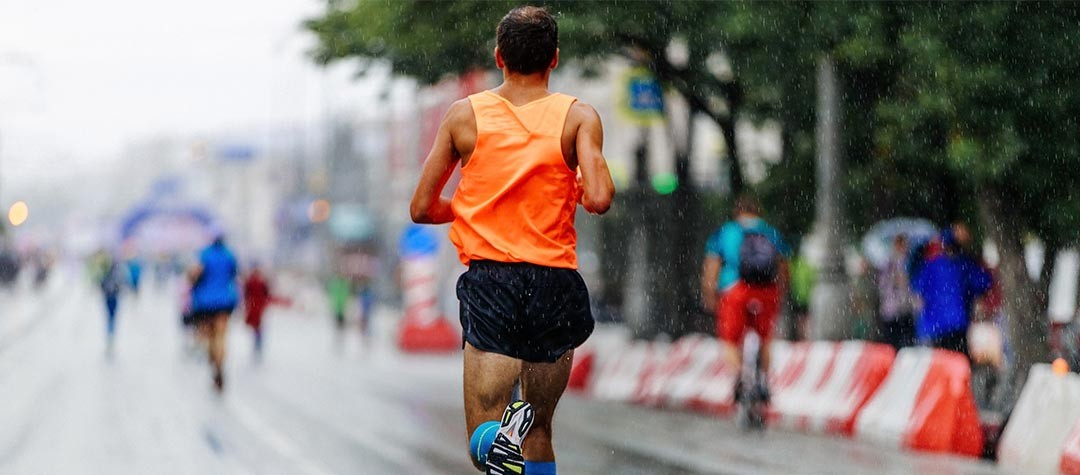A runner’s dietary needs can be quite different to a non-runner, but which 5 foods does our expert recommend should be in every runner’s diet?
From a time that I was working with Gatorade I had to do a food diary which showed how BAD my diet was. From this, I learnt a lot about the sorts of things I should be eating, both before and after training.
There are some things that I have now made routine and have included these in the list below. I really believe they have made a difference in how I felt during my tough running days.
1. Protein powder
This is very important to the recovery time in between runs. After a session and long run days, so about three to four times a week, in the evening the last thing I have before I go to bed is some protein .
During sleep, the body is normally starved of nutrients as it is impractical to consume food then, but this slow release protein means the muscles don't break down. It has made a big difference to how I feel the next day, and I would really recommend you add this to your diet. It is available to buy online, but just make sure it is a slow release protein.
2. Fruit and vegetables
There are many athletes I know who take a variety of supplements and vitamins to help with their diet. I tend to stay away from them because I believe that as long as you eat enough of the right things, you can get all the nutrients you need (apart from the protein powder). This is why fruit and vegetables are so important because it’s where the majority of vitamins come from. For instance, did you know a kiwi fruit has more vitamin C in it than an orange?
3. Hydrate
Okay, so this isn't technically a food but it is just as important. You are going to sweat when you go running and you'll be surprised how much weight you will lose from just one run. Now this isn't GOOD weight to lose, this is just water weight that you have sweated out and it NEEDS to be replaced. After all, nearly 50 per cent of you is water.
Hydrating both before, after, and if possible, during your run, will really help get the most out of your training.
Hydrating both before, after, and if possible, during your run, will really help get the most out of your training. Water is adequate, but it is also a good idea to have an energy drink to make sure you are replacing the salts and sugars. To get an idea of how much you need to drink, weigh yourself before and after your run and see how much you have lost. For every kilo lost, you should drink 1 litre to replace it.
4. Avocados
Now this might just be a personal favourite of mine! I love avocados and they happen to be very good for you. I surprise myself sometimes, because who knew I could actually like something that was good for you?
Now you may think that avocados are full of fat, and you would be right. However, it is good fat - monounsaturates. They can lower your risk of strokes and heart disease. So chop one up and have it in a salad, on toast, in a sandwich, whatever you want!
5. Eggs
Again, going back to the protein eggs really helps aid recovery. Eggs are a great source of protein. Egg protein is the most complete food protein, because it contains all the important amino acids that you need to repair your muscles after running.
Poached eggs are a personal favourite of mine and when venturing to the local cafe, I can guarantee 90 per cent of the athletes order poached eggs! Poached eggs on toast for lunch, a big dinner and then some slow release protein before you go to bed and you're on to a winner.















